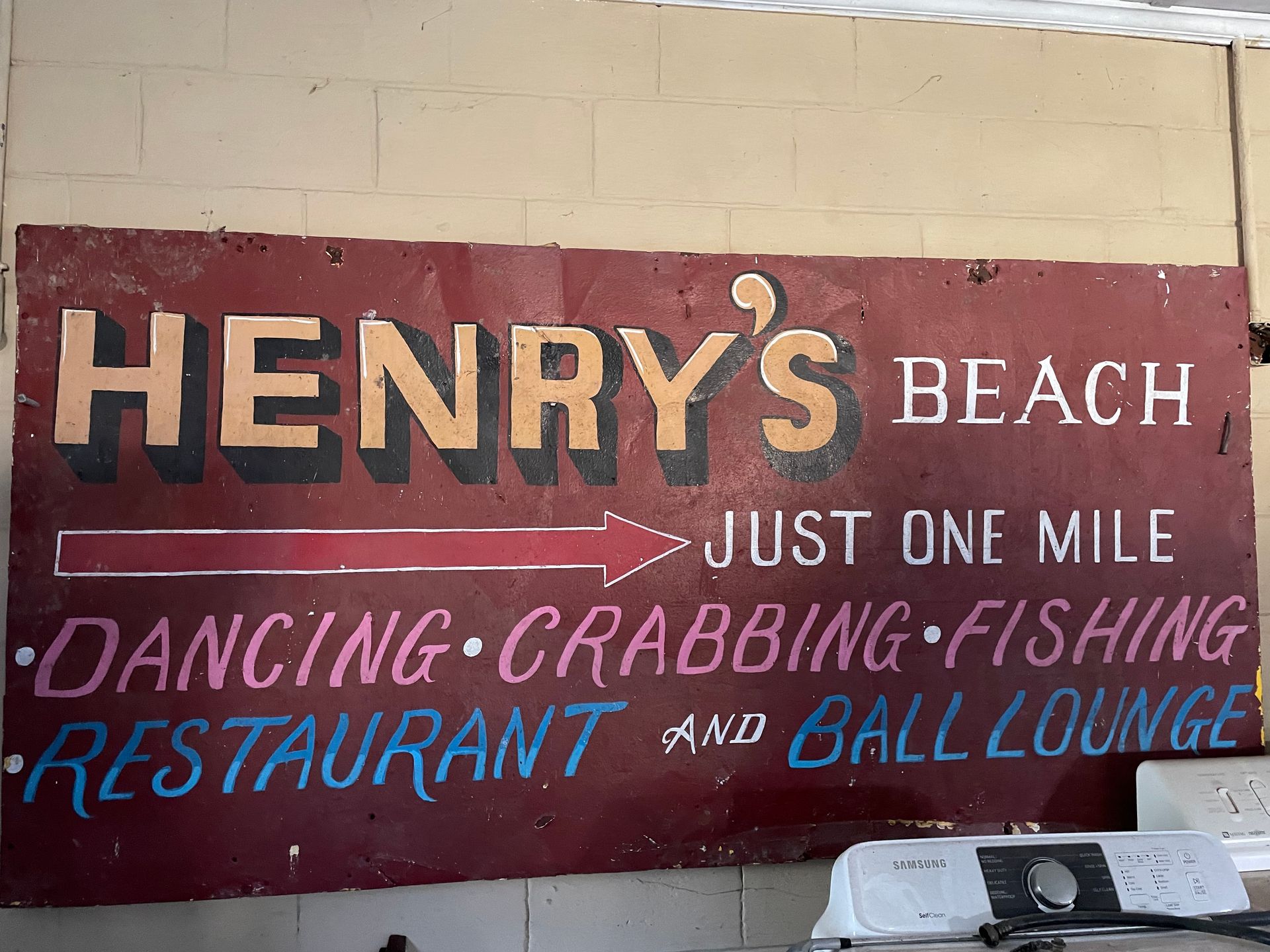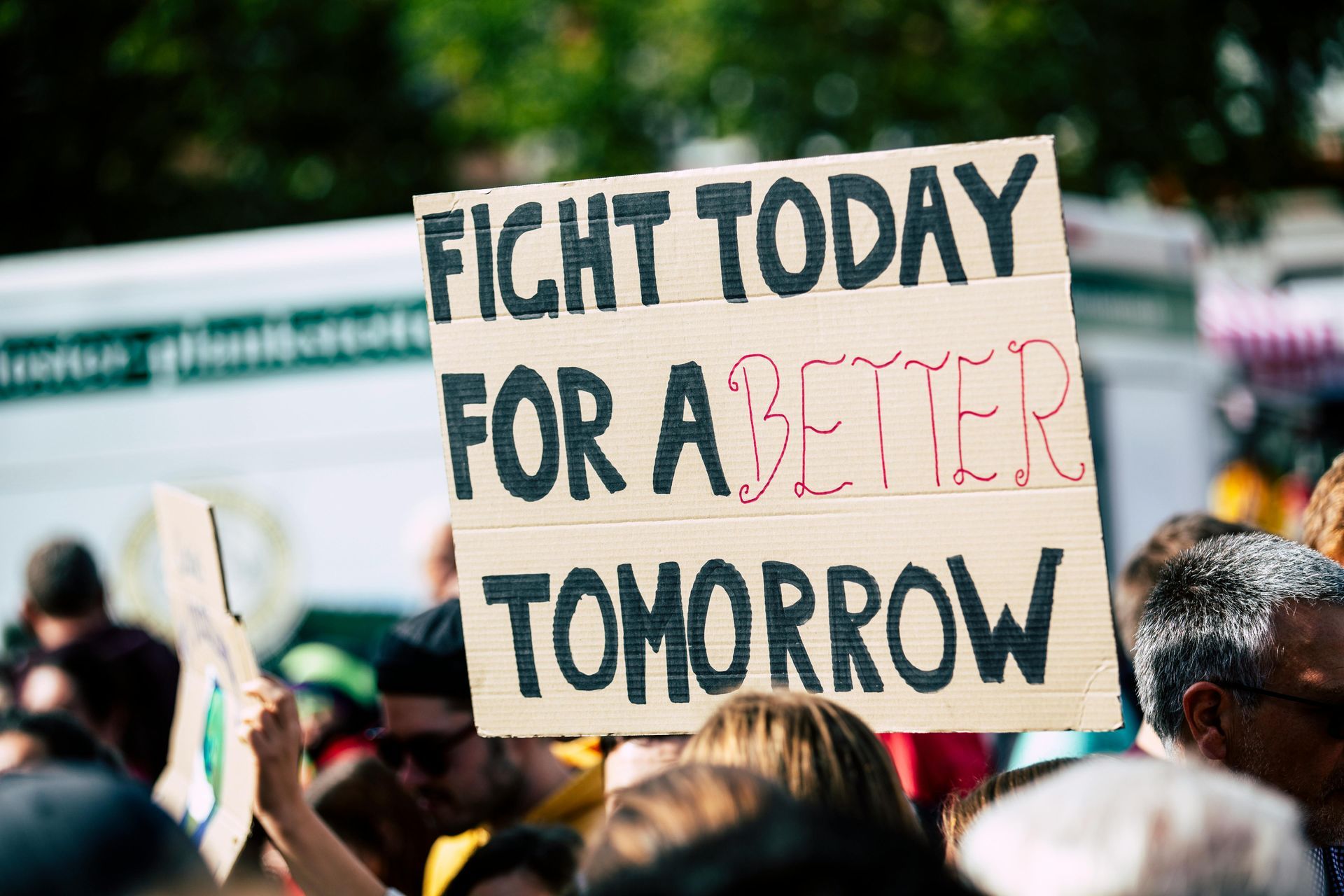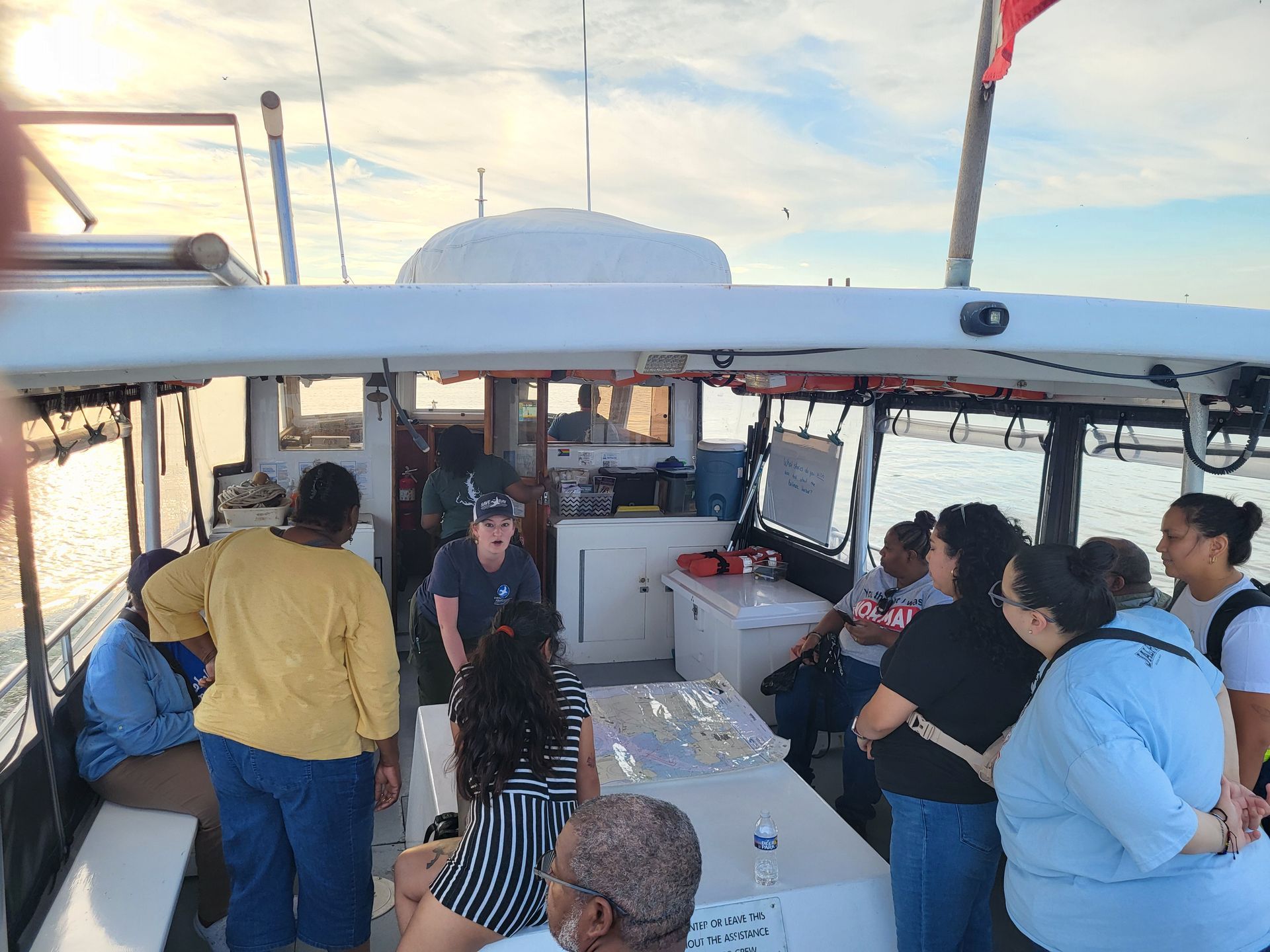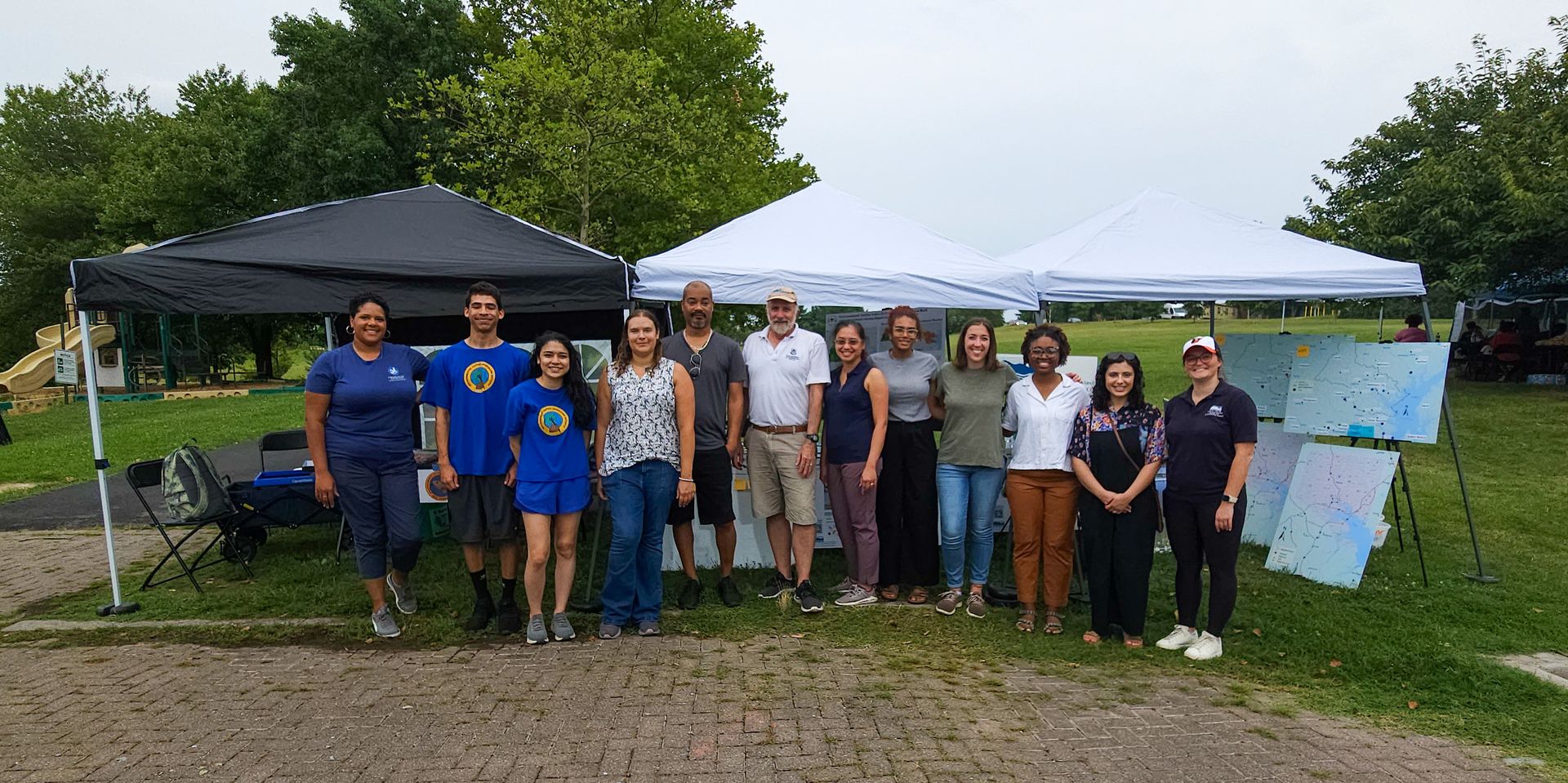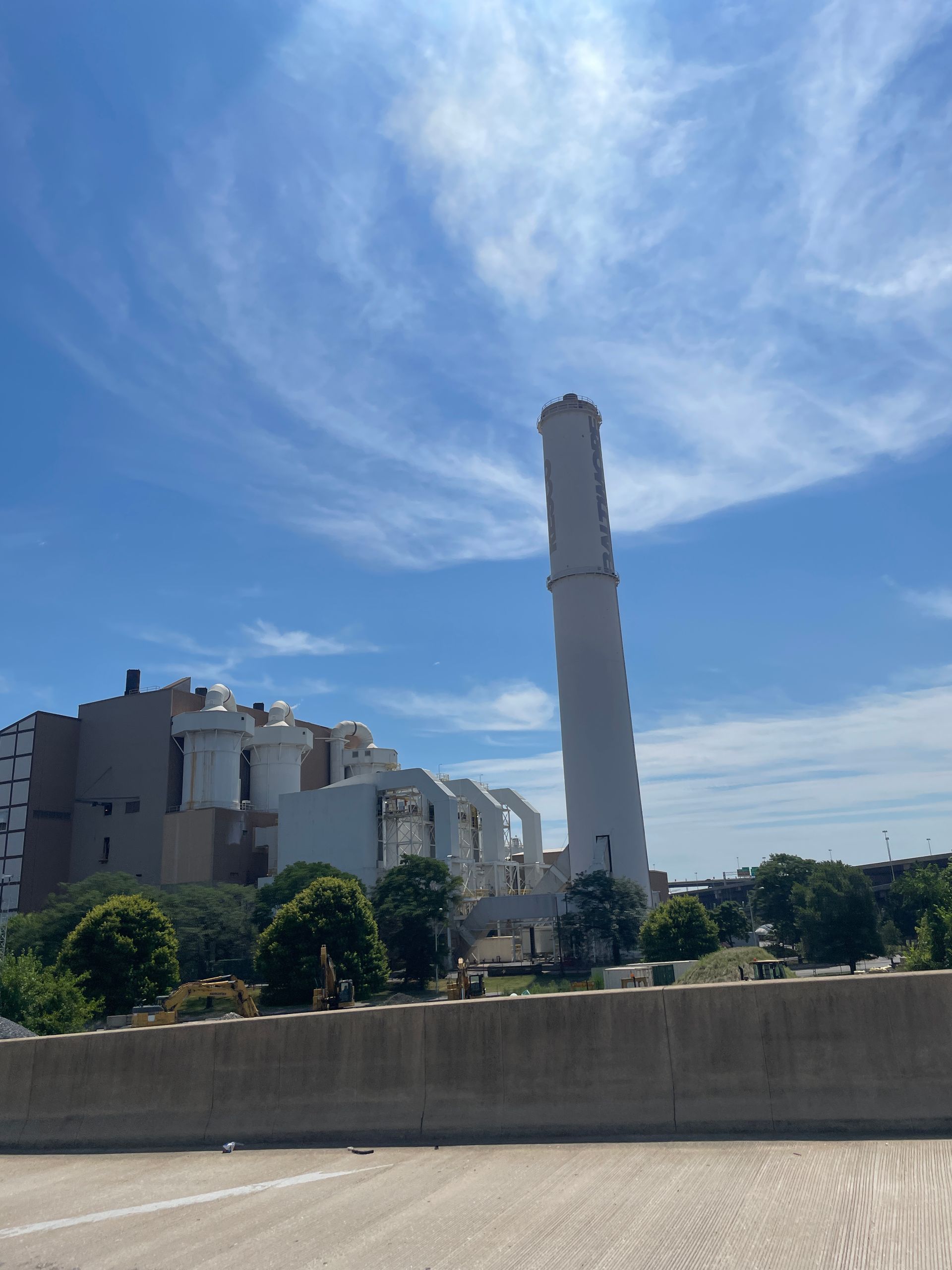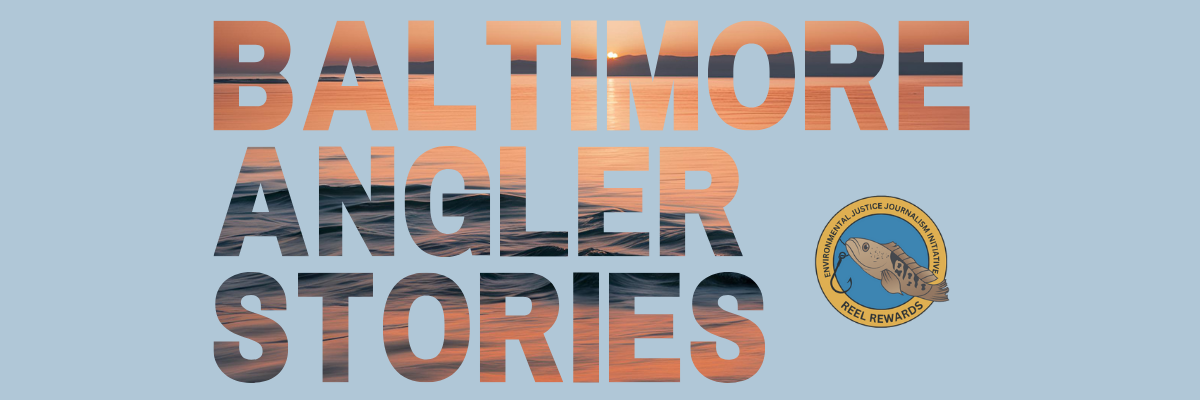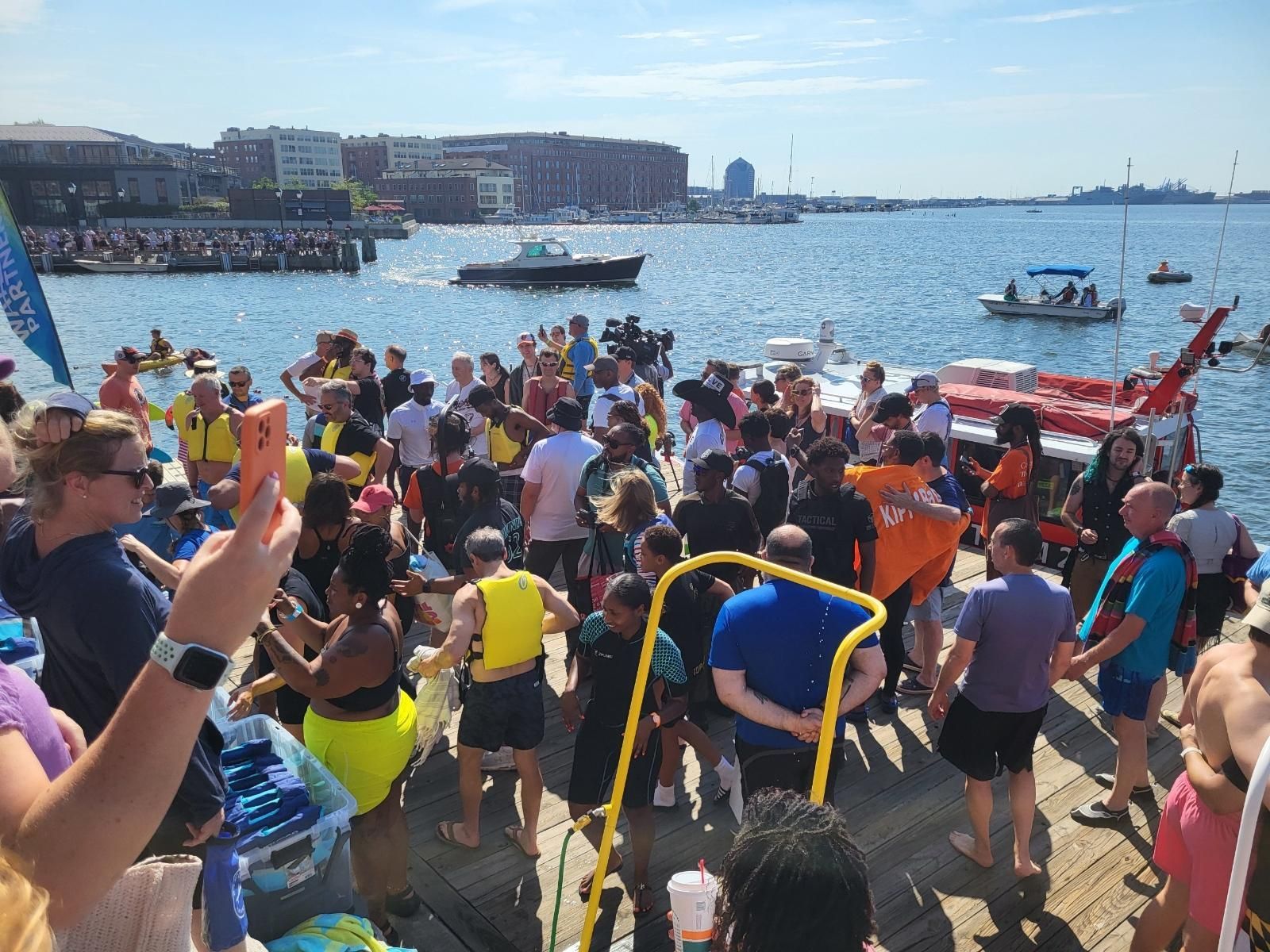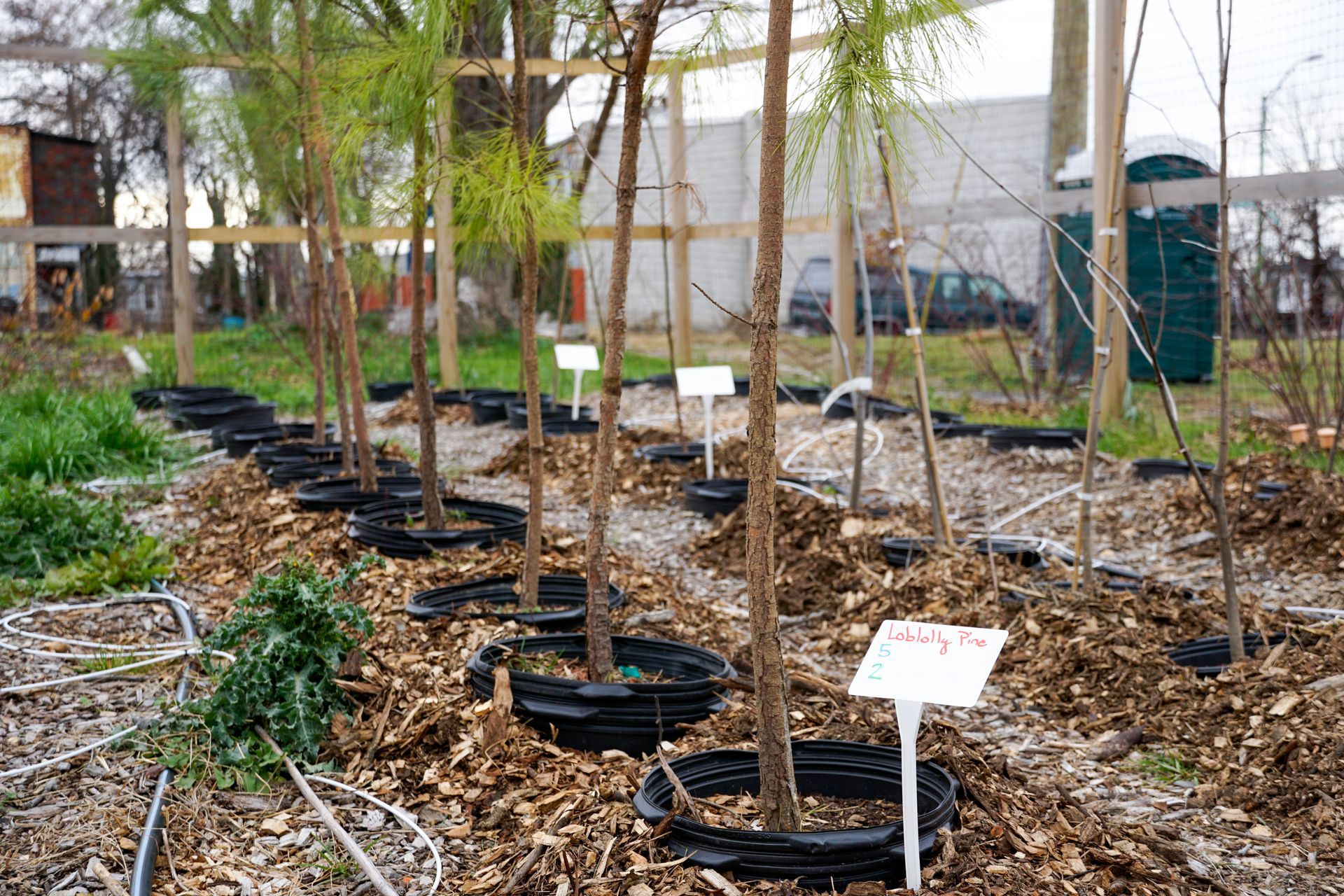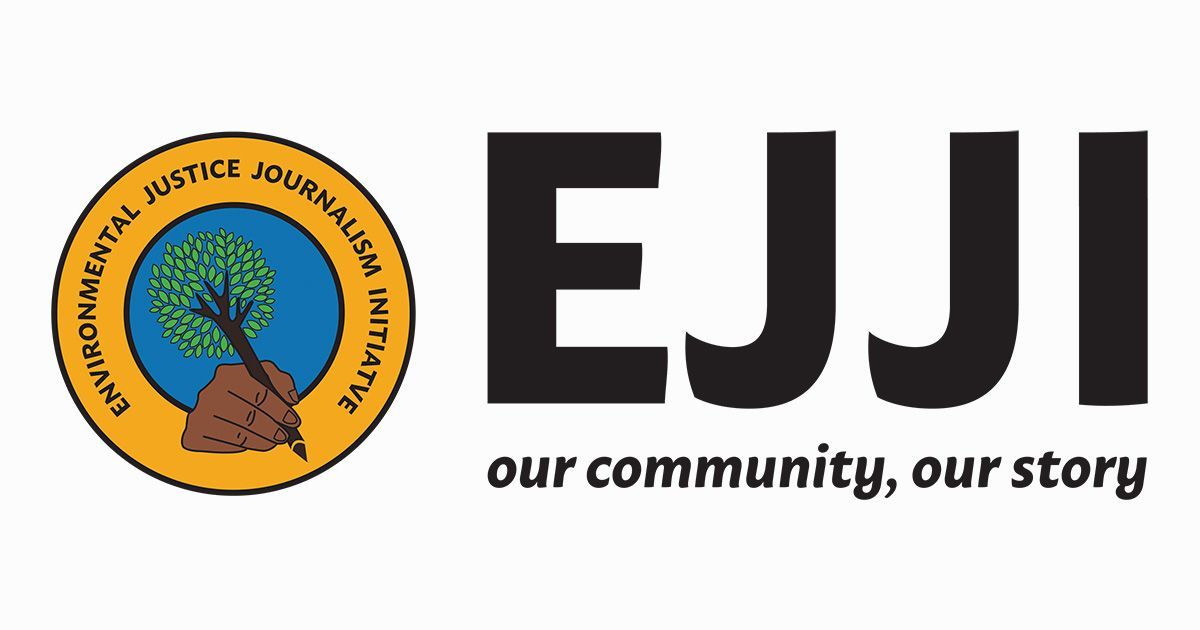Eroding History
Eroding History
Eroding History tells the story of two Black communities on Deal Island, on Maryland’s Eastern Shore, that are finding themselves at the intersection of sea level rise, historic racism, and the disappearance of Black communities. It is a climate justice story, made by two Black filmmakers and a Jewish grandchild of refugees. A deeply personal and moving story of a community striving to hold on to its culture, Eroding History is anything but dry.
Eroding History fits squarely with the Environmental Justice Journalism Initiative’s mission to help communities tell their own stories of what’s happened to them, and why. It also is, deliberately, a story about a side of environmental injustice not often told. We think about environmental justice as keeping bad elements out of a disadvantaged neighborhood – smokestacks, incinerators, waste-to-energy plants, hog farms, steel plants, etc. And that is all part of it. But environmental justice also means protecting the culture and history that a community cherishes from threats to its survival. These threats may come from sea level rise, highways, factories, or other sources, but come they do.
Eroding History deliberately centers on Black communities facing disproportionate danger from sea level rise, saltwater intrusion, and land subsidence because of laws, policies, and customs that have ensured they would have lower land and less protections. Our team centered this community in the work with a diverse team. Andre Chung, a five time Pulitzer Prize nominee for his photography, directed the film. Sean Yoes, a longtime writer for the Baltimore Afro and radio host at Morgan State University’s WEAA, was the co-producer. Rona Kobell, EJJI co-founder, was the producer. All three wrote and produced the film, collaborating on the editing.
EJJI hosted a screening at Baltimore’s famous Senator Theatre for more than 400 people. The question we get asked most is, where can we see the film? Unfortunately, due to film festival rules, we cannot yet put it on the Internet for all to see. We have a few screenings scheduled for influential policy-makers, but we wish to bring it out to a wider audience. Possible venues include libraries, university auditoriums, public theatres, historical societies, museums, and film festivals.
If you are interested in lining up a screening and a panel discussion with the filmmakers, please contact
rona@ejji.org.


